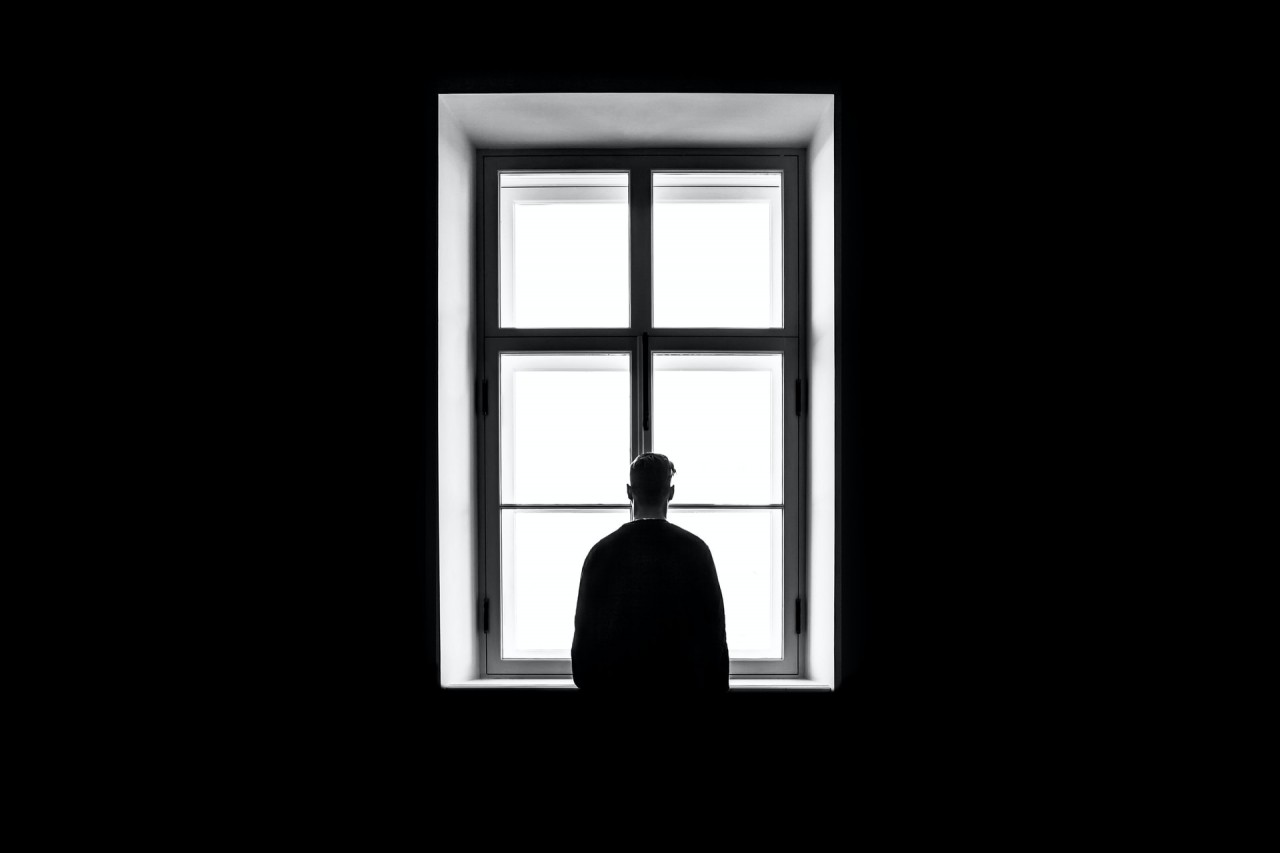Have you ever looked at someone and seen by the look on his or her face that something was wrong? While I am not the most observant person in the world, I can sometimes do this.
It does not take a genius to see that, in America today, something’s wrong. Whether we are talking about individuals or communities or America as a whole, something is obviously wrong. Dreadfully wrong.
Yuval Levin, an author and analyst, said it this way. “We Americans are living through a social crisis. This is a straightforward fact and easy to see. And yet part of this crisis, one of its symptoms, is that we can’t seem to get a handle on just what it is that’s wrong. It’s sometimes even hard to tell whether the rage, foreboding and despair that so often shape the national mood now are themselves the essence of the problem or are marks of a deeper dysfunction.”
To put it another way, we are, in Charles Dickens’ words, living in a “winter of despair.” Now, we can and should point to specific problems like racial injustice (which is arguably our most pressing issue). With God’s help, we can try to heal and improve these problems individually and as a society.
Yet even when we do address this, there still will be even more work to do. The very systems and structures in place that are meant to bring help seem paralyzed in the crisis. So what can Christians do? I offer three ideas:
Share the Gospel and pray
I recently saw a T-shirt that said, “But first, coffee.” The first stop to addressing any problem, we must say, “But first, pray and share the Gospel.” The Apostle Paul gave Timothy (and us) instructions to “Preach the Word; be ready in season and out of season…” (2 Tim. 4:2). Whether in a season of hope or despair, light or dark, we Christians must be “ready to give a reason for the hope we have in us” (1 Pet. 3:15).
Build good institutions
In his book, “A Time to Build,” Levin points to symptoms stemming from our societal problems—isolation, mistrust and alienation. He shows these come from a lack of belonging, confidence and legitimacy; he then upholds the importance of restoring good institutions as part of the solution. For Levin, institutions can include things like state legislatures and universities, but also include the family and by extension religious groups (for us, the Church). Healthy institutions are vital. Look around and see where you can invest in these institutions.
Cultivate relationships and community
Levin said, “Many of our struggles seem rooted in relational problems. Loneliness and isolation, mistrust and suspicion, alienation and polarization—these are the characteristic maladies of this era.” A cure to these is having healthy relationships.
Sen. James Lankford is a proponent of sharing a meal with someone of another race than you. By entering each other’s lives, we have a better window into each other’s perspectives. The grace of God shines through at the dinner table. Social problems can be better dealt with in the context of relationships.
These are only three ideas toward addressing what’s wrong, and you may have some of your own. In an age longing for renewal and reeling in a season of despair, the light of the Gospel is the hope for mankind. It’s the ultimate “right” for “what’s wrong” with us today.





